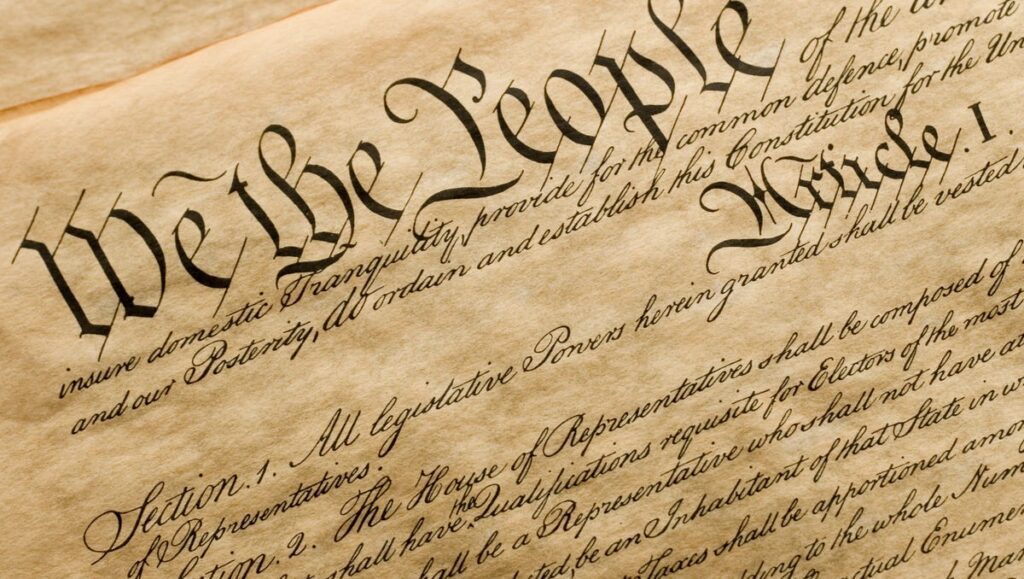The Crucial Role of the Press in a Democracy
The Founding Fathers recognized the intrinsic importance of a free press in a democratic society, enshrining it in the First Amendment of the United States Constitution. This protection underscores the necessity for a vigilant media, tasked with reporting events accurately and impartially.
The First Amendment: A Pillar of Democracy
Adopted in 1791, the First Amendment states:
"Congress shall make no law… abridging the freedom of speech, or of the press."
This principle emphasizes that the survival of democracy hinges on a multitude of observers – journalists – who scrutinize, report, and document the ever-evolving landscape of American life.
The Press Under Scrutiny
Despite its foundational role, the press often faces skepticism, with some labeling traditional journalism as “fake news.” This term reflects a growing divide in how media is perceived in contemporary society. Yet, the mission of authentic journalism remains unchanged, focusing on delivering accurate and meaningful information.
Preserving History: The Role of Journalists
The responsibility of journalists extends beyond mere reporting; it involves documenting history for future generations. For example, Darrell Hofheinz, the real estate editor for the Palm Beach Daily News, recently received the 2024 Judge James R. Knott Historical Contribution Award. His work exemplifies how journalists contribute to chronicling significant local events and the fabric of community life.
Key Contributions of Journalists:
- Document pivotal moments and trends
- Provide context to news events
- Serve as a historical record for future reference
Hofheinz notes:
"We do more than just write about the news. We also document history every day."
Historical Context: The Importance of Journalism
The United States is approaching its 250th birthday amid extraordinary political turbulence. The intensity of partisanship today mirrors some of the most divisive times in history, such as the Civil War. In these difficult moments, the role of journalists becomes even more critical.
A Call for Accuracy and Objectivity
During contentious times, the need for precise and objective reporting is paramount. Journalists face the challenge of capturing the essence of current events while navigating popular narratives.
Why Accurate Reporting Matters:
- It helps preserve the true account of events
- It allows future generations to learn from past mistakes
- It combats misinformation and reinforces public trust
Lessons from History
Historically, journalists have played vital roles in documenting significant global events. Take Ernie Pyle, for instance, who chronicled the experiences of ordinary soldiers during World War II, offering invaluable context to battles fought overseas.
Conclusion: Upholding the Legacy of the Press
As the nation steers through complex dynamics, the duty of journalists is to record events with integrity and diligence, ensuring an accurate portrayal of our times. As President Abraham Lincoln famously stated, "We cannot escape history," reinforcing the idea that documenting the present sets the foundation for the future.
In fulfilling this vital role, journalists honor the First Amendment and uphold their commitment to delivering accurate reporting, regardless of the pressures they face. This noble calling is crucial in maintaining the pillars of democracy.
For more on the importance of a free press, consider reading about the First Amendment’s history and its implications for modern journalism.


